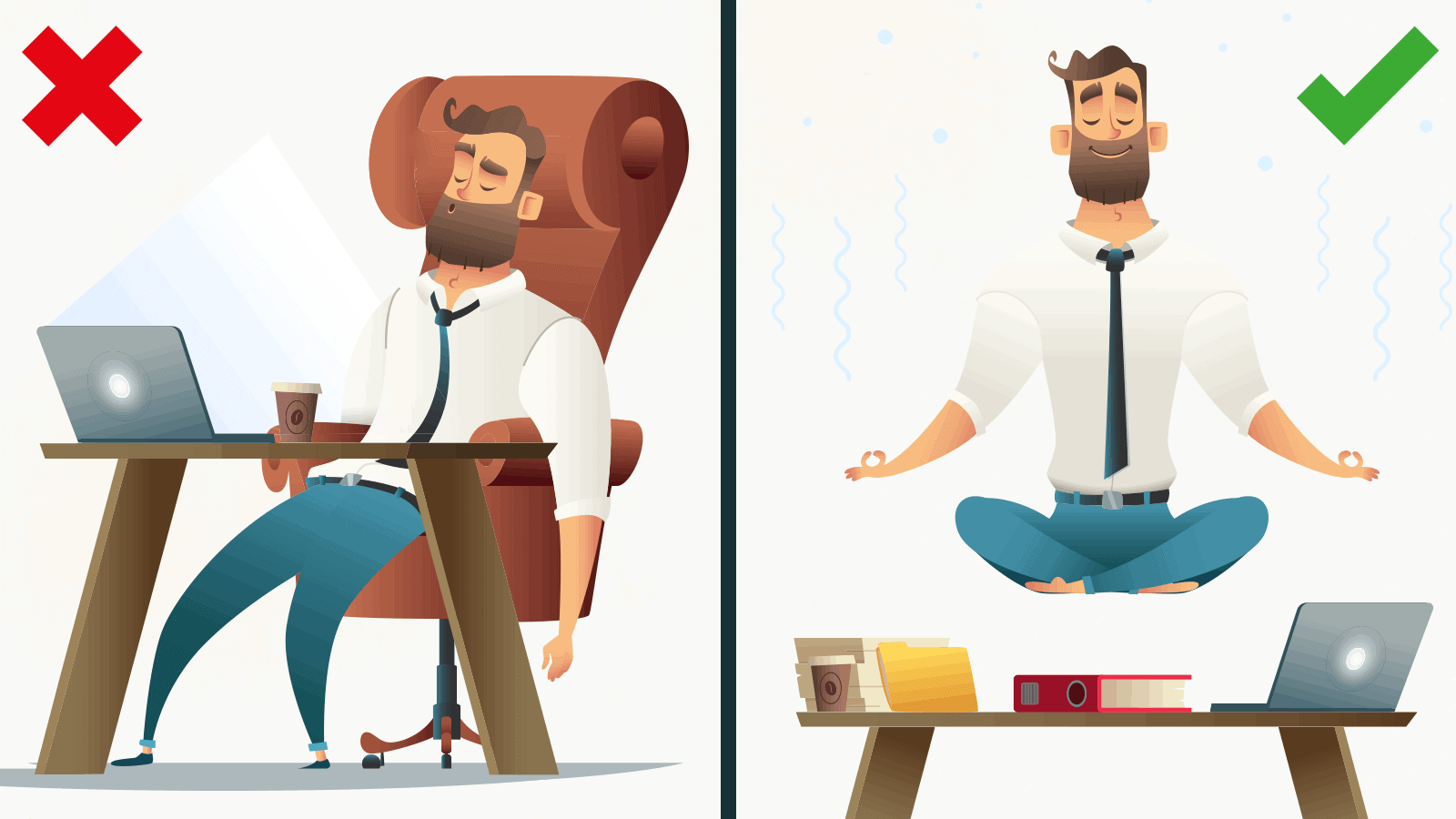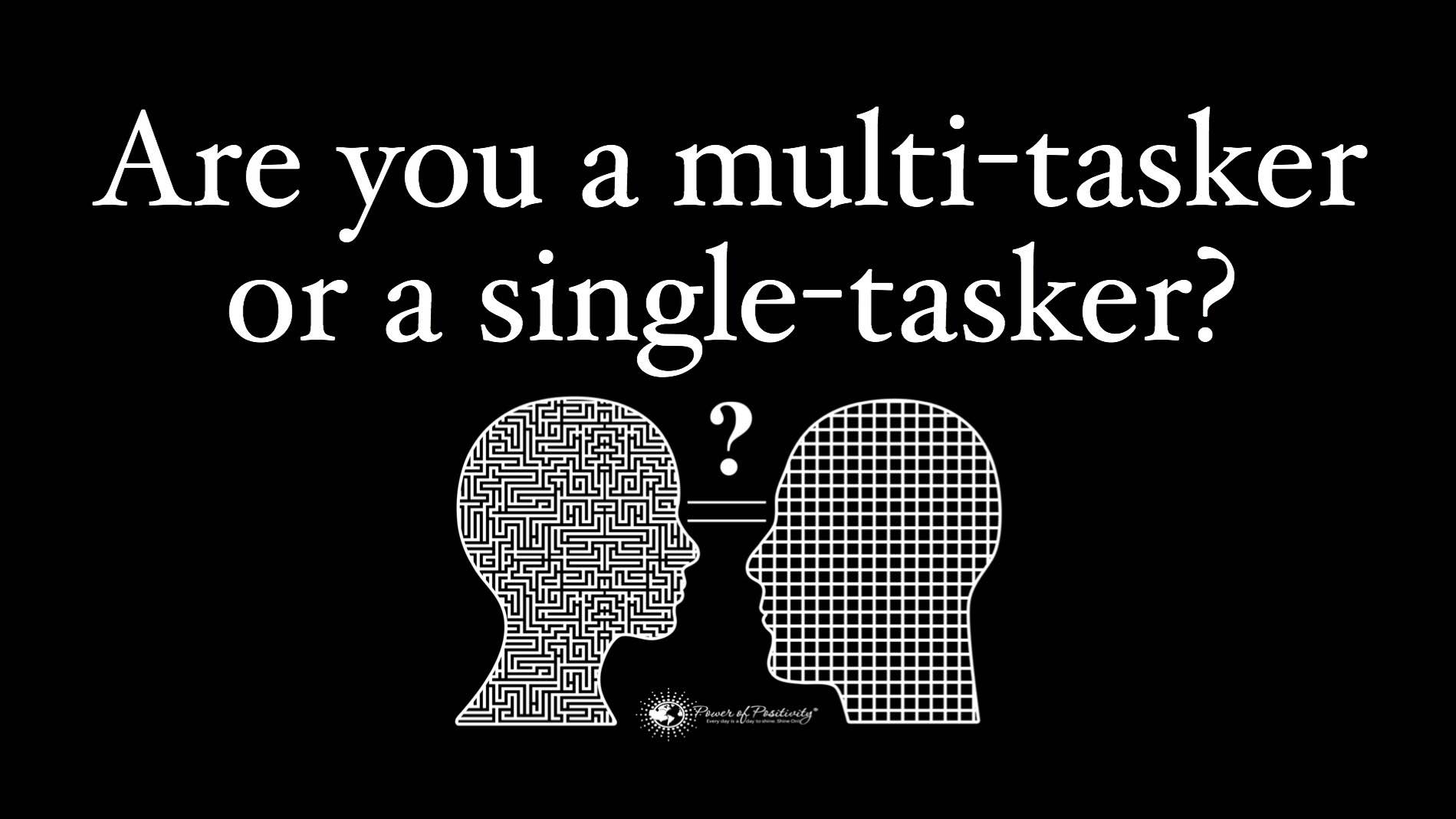Has it been hard for you to focus lately? Well, you’re not alone. The problem is apparently common, as there are indeed too many distractions all around. Research shows that a person’s ability to stay focused and pay attention has dwindled with today’s constant digital interruptions. But the good news is that, like a muscle, you can build up your brain’s ability to focus so that it gets stronger and sharper.
So, where do you start working up your mental focus? Here are some tips to guide you if it’s hard for you to focus.
Here Are 7 Things That Help If It’s Hard for You to Focus
“The biggest challenge is to stay focused. It’s to have the discipline when there are so many competing things.” – Alexa Hirschfeld
1. Figure out when your mind is sharpest.
Work around the schedule when your mind’s performance is at its peak. For instance, let’s say you notice that you do tasks faster and more accurately during the late mornings. Maybe your peak focus time is around 10 a.m., but then you feel tired by 2:00 p.m. Your brain is telling you when it is most awake. So, why not work on your most focus-intensive tasks of the day when your brain is at its optimal condition? Then when you lull time strikes, take a break from work and return to do the simpler tasks, or have a final do-over and wrap things up by preparing for the next day.
2. Make sure that your brain is well rested before working.
It could be hard for you to focus if you have internal distractions, such as anxiety, agitation and stress. To deal with these matters, get a good sleep the night before. When you wake up, channel positive thoughts into your mind. Some people do meditation or yoga to draw on positive energy. Experts suggest that doing short breathing exercises and counting as you breathe can boost and refocus your attention span. Others take a 20-minute walk in the morning to clear their heads. You’ll even find people who start their day off by looking at photos and videos of silly pets on the Internet because it helps them with positive thinking.
3. Eliminate the distractions.
Though this might be a given, it still needs to be emphasized, especially if you can’t simply turn off the distractions. Gadgets can be put away and the radio or TV can be unplugged, but what if you have kids playing in the room while you work from home? What if you have a co-worker who keeps coming by your desk to talk? A good way to handle these distractions is by setting some structure and limits. Do your work in a place where you know you can’t be disturbed, such as a quiet room in your house with the doors closed. Gently tell the people around you – your co-workers for instance – that you need time alone for a few hours. If you work from home and have young children, tackle your challenging tasks while they are napping or watching a video.
4. Cut down on the multitasking.
Juggling different tasks at the same time might be counterproductive, according to a study. The thing is, your mind can only properly focus on one task at a time. Multitasking forces your brain to keep switching attention. This requires mental energy that can easily deplete your concentration. If it’s hard for you to focus, here’s what you should do instead of multitasking: come up with a list of things you need to do for the day. Do one item on the list at a time and give it your full attention before moving on to the next task.
5. Divide larger tasks into smaller jobs.
If you’re in the middle of a big project, split the tasks into smaller goals that are easier to approach, tackle, and complete. Often, big tasks can be overwhelming, creating the tendency to put them off. This only causes delays and decreased productivity. So, look at your to-do list and see which ones you’ve been procrastinating. Figure out how to break them down into simpler but more specific tasks. If you’re working with a team, figure out which tasks to delegate as well.
6. Have a cup of coffee or take a tea break.
Countless of studies have attested the brain-boosting powers of caffeine, as it keeps you alert and awake. However, it’s also important to take note that some caffeinated drinks might have high sugar content that’s bad for your health, so drink just the minimum amount while you work. Taking breaks in between work, by the way, can help replenish your focus and energy. If you’re not up for a caffeine fix, use the time to do stretches or walk around the block. If you work near a park, go out and enjoy the greenery. Studies also say that if it’s hard for you to focus, exposure to trees and natural surroundings can boost productivity.
7. Train your brain.
Now, here’s where having those gadgets can be of great benefit to your focus and attention span. You can download digital gaming apps to give your brain a workout. Sciences say that those who do brain-training games have improved memory, better processing speed, and sharper executive functions. Some of these recommended games include “Lumosity: Colorful and Fun,” “Elevate,” “Peak,” “FitBrains,” and “CognitFit.” These apps have a free feature, but you can pay extra for an upgrade. Use the gaming app when you’re on a break, or have free time, or when you’re on the subway going to work.
Final thoughts
Learning to focus is crucial to critical thinking, which affects how you develop plans and strategies, as well as execute and complete your goals successfully. Remember though, that building your mental muscles takes time, but if you keep working on these tips, you will soon find yourself able to accomplish more at work.
https://www.youtube.com/watch?v=-Ty8g6C2tBY














 Community
Community

